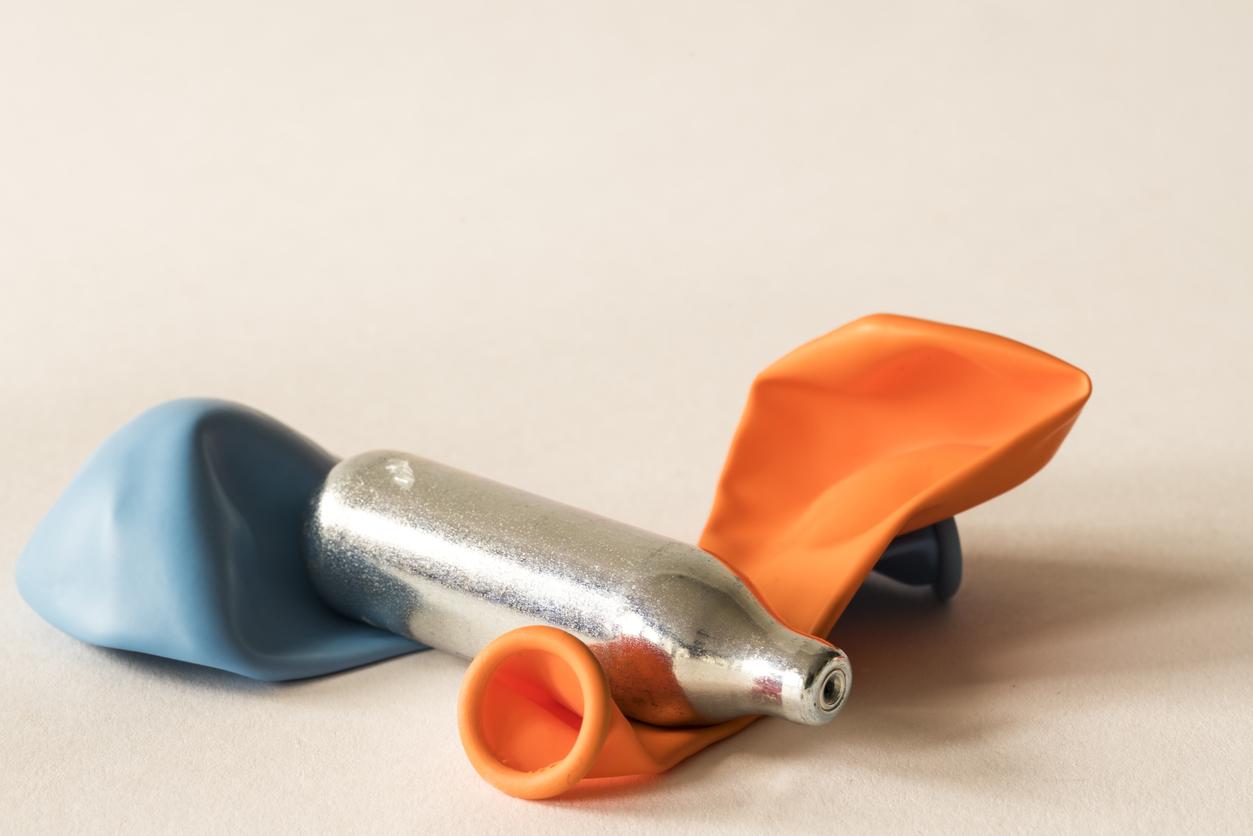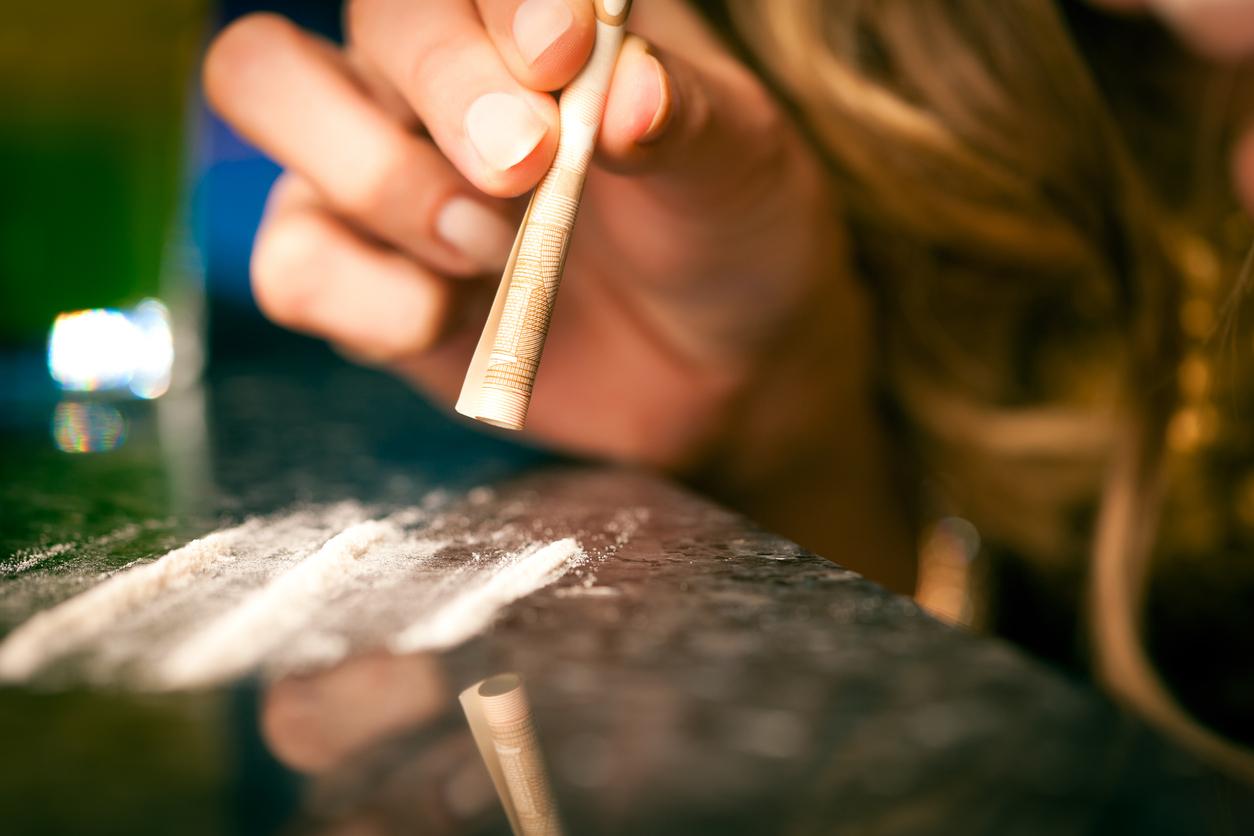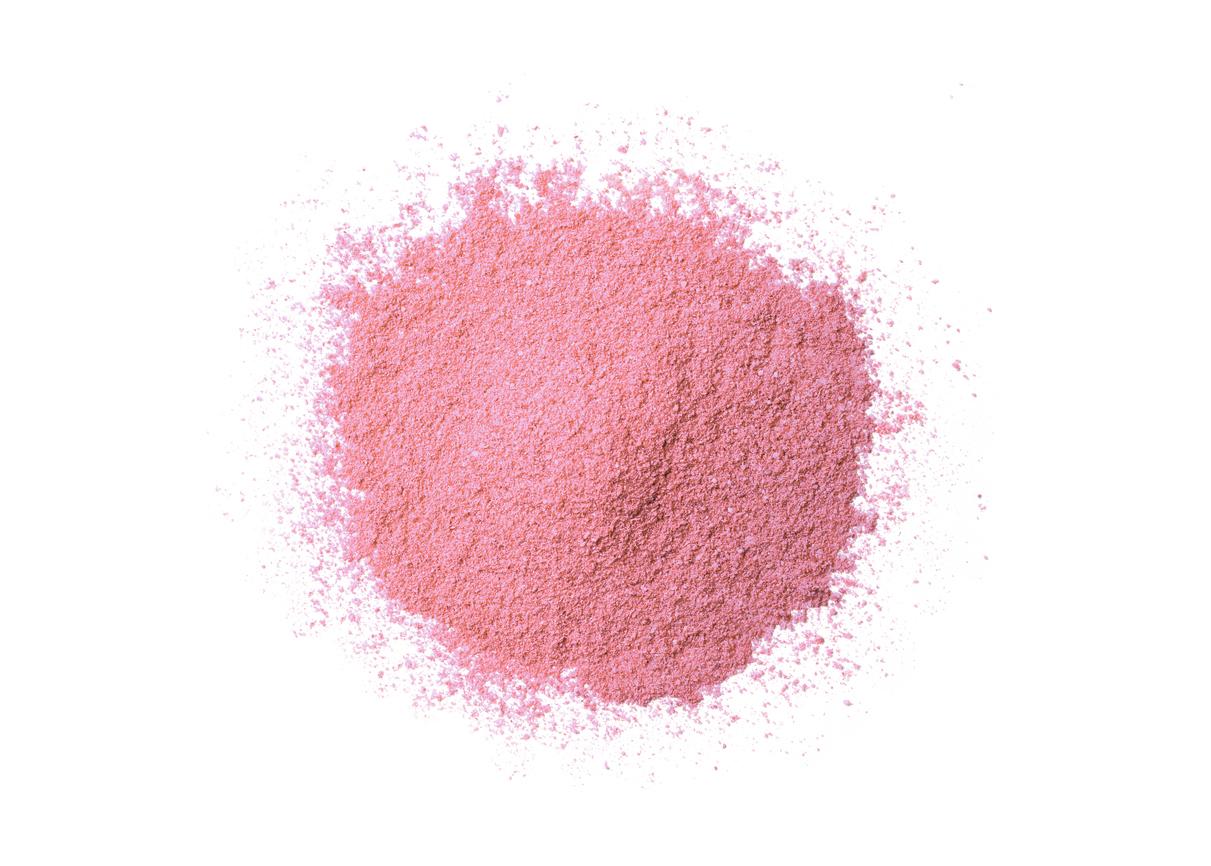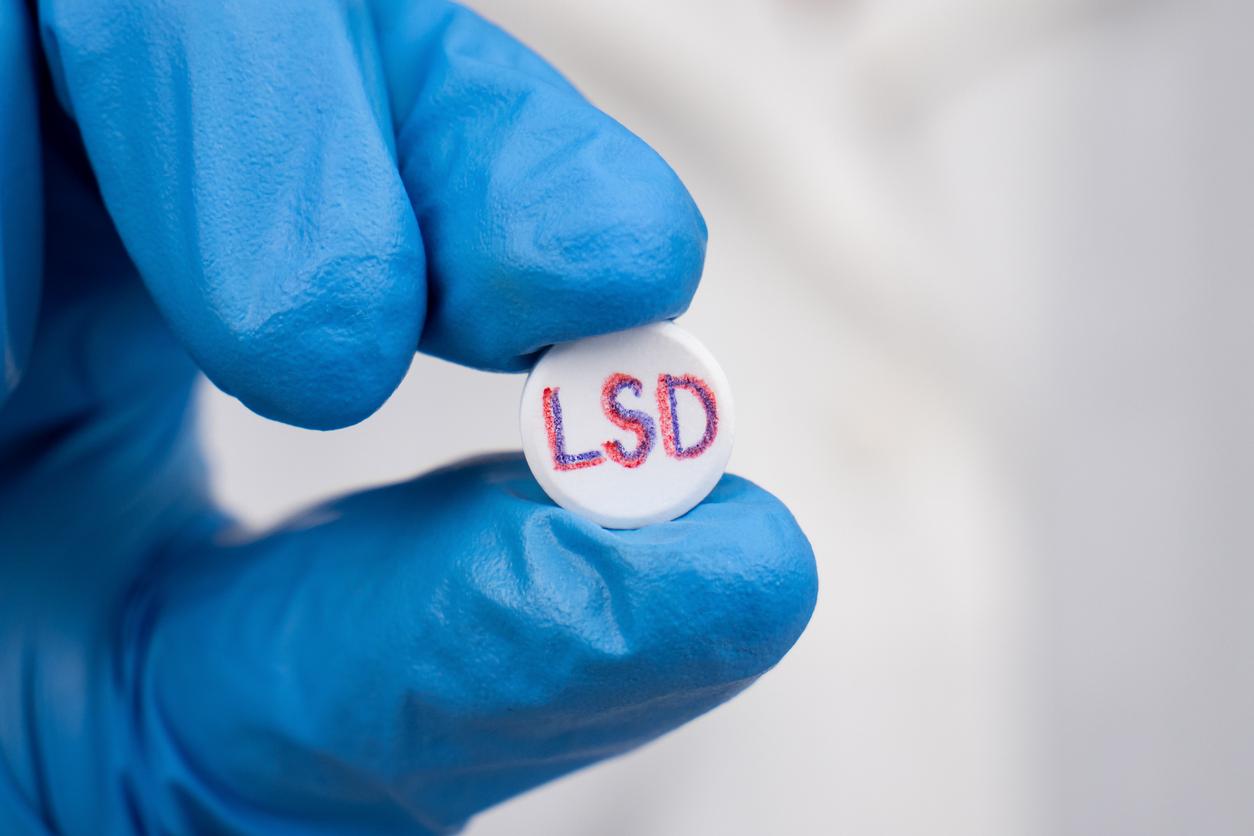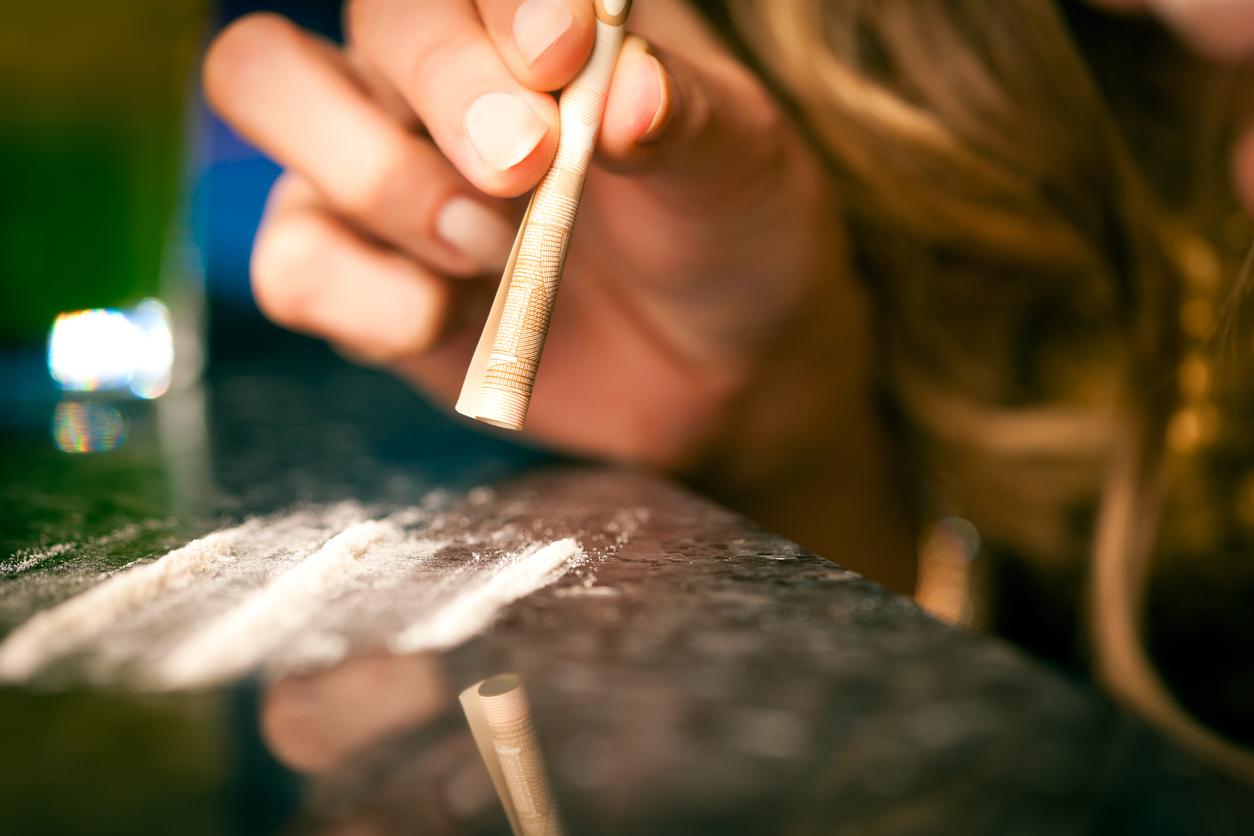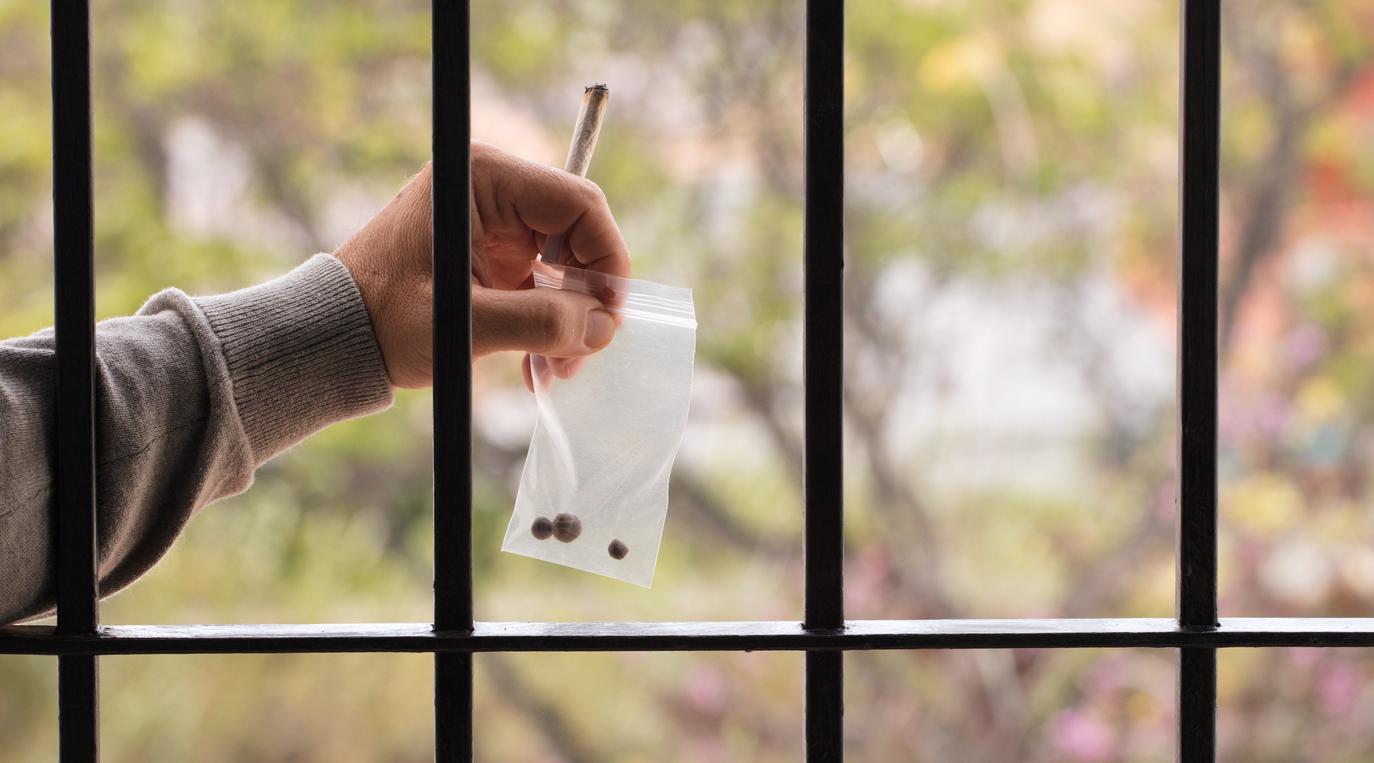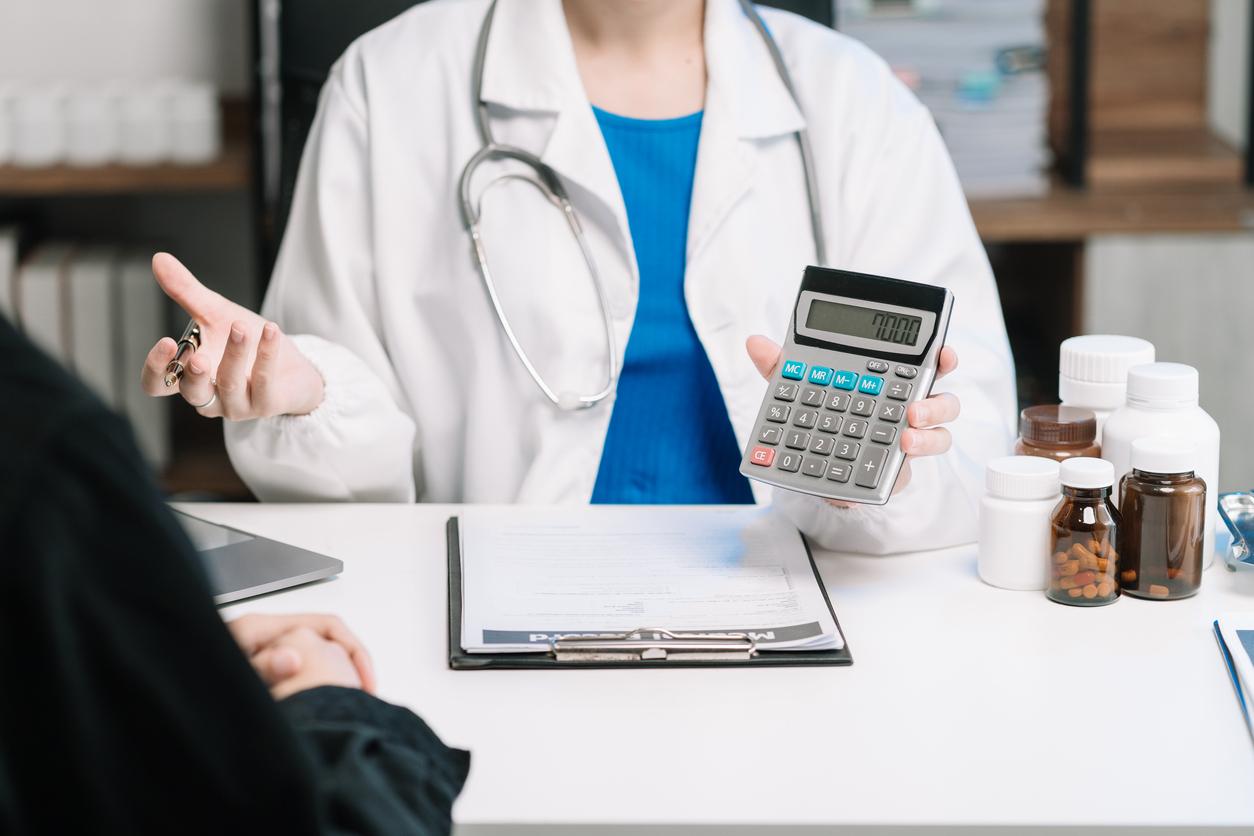Several senators presented this Wednesday, December 11 a bill to ban the sale of nitrous oxide, potentially dangerous for health, to minors in supermarkets and on the Internet.

Laughing gas does not make the government laugh. Used in the kitchen to make whipped cream or in the hospital for its anesthetic and painkiller properties, nitrous oxide is increasingly consumed by young partygoers for its euphoric effects, politicians worry. This is why, this Wednesday, December 11, the centrist senator Valérie Létard and seven other senators from the North, a department very affected by this dangerous trend, presented a bill to ban the sale of this gas to minors, in supermarkets. and on the Internet.
“We are at the start of a phenomenon that risks spreading”, warns Valérie Létard. Indeed, since the beginning of the year, “25 reports of severe health effects” have been recorded, including 10 cases of “raves with sequelae for some”, such as paralysis of the limbs to varying degrees. And eight of these serious cases took place in Hauts-de-France. “We have to put an end to the notion of laughing gas, because its effects on health are nothing to laugh about,” calls out the rapporteur for the text, the centrist Jocelyne Guidez. And in the United Kingdom, where the consumption of laughing gas has been popular for longer, “30 deaths have been recorded since 2001”, worries Valérie Létard.
Indeed, if it causes giggles, the uncontrolled inhalation of nitrous oxide, very easily available commercially, can lead to many complications. This can in particular cause asphyxiation due to lack of oxygen, loss of consciousness, burns from the cold of the gas expelled from the cartridge, dizziness, or even falls.
Risk of hallucinations, mood disorders…
People who inhale high doses even risk spinal cord injury, vitamin B12 deficiency, anemia and mental disorders. As for those who consume it regularly, they are exposed to a risk of memory loss, erectile dysfunction, mood (paranoia), heart rate, hallucinations, or even a drop in blood pressure. arterial. The risks are obviously increased when this practice is associated with the consumption of alcohol or drugs. Moreover, the disorders can also appear several months after the use of laughing gas. However, they are most often reversible upon total cessation of consumption and through treatment with vitamin B12.
In February, during a session of questions to the government, Valérie Létard had already questioned the Minister of Health Agnès Buzyn on the question. “The misuse of nitrous oxide is not new, but the number and severity of adverse effects related to this practice have tended to increase since 2018”, then alerted the government in a press release published on November 19. The latter therefore wishes today that information on laughing gas be integrated “into interventions relating more generally to the prevention of the consumption of psychoactive products and addictions.”
Reinforce information on the risks incurred
While at the present time, laughing gas cylinders are sold without any restriction in stores and on the Internet, the bill would therefore require manufacturers to indicate the dangerousness of the product on the packaging. The text adopted in committee also provides for penalizing the incitement of a minor to misuse a consumer product such as this to obtain psychoactive effects and to support the prevention policy carried out at the ‘school.
Because laughing gas is not only consumed at student parties. Elected officials are also concerned about an increasingly widespread trend among young teenagers, high school and even college students. Also, for the president of the Interministerial Mission for the fight against drugs and drug addiction (Mildeca), Nicolas Prisse, this use must be detrimentalized as quickly as possible among young people who are not aware of what they risk.
This is why, today, for Jocelyne Guidez, “it is a question of preventing anyone from diverting everyday consumer products” because this will always exist, but “it is rather a question of limiting, as much as possible, the first contact of the youngest with this product, which can have serious effects on their health.”
.









